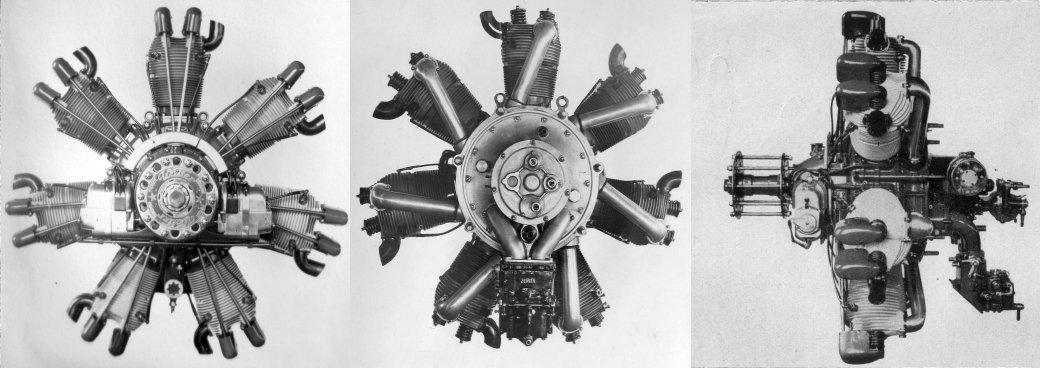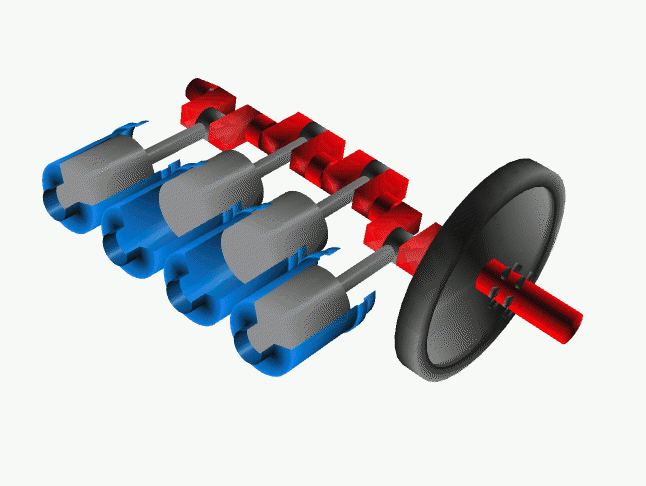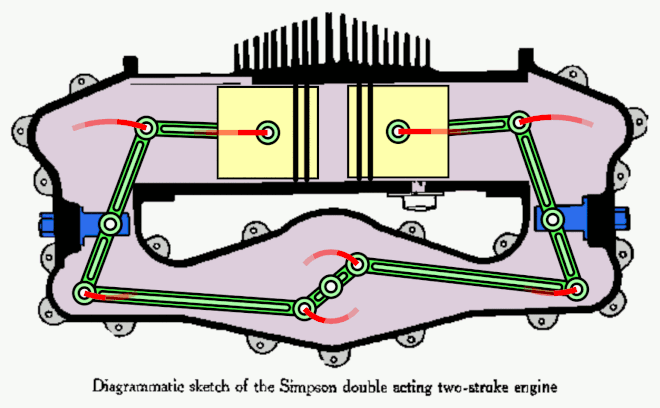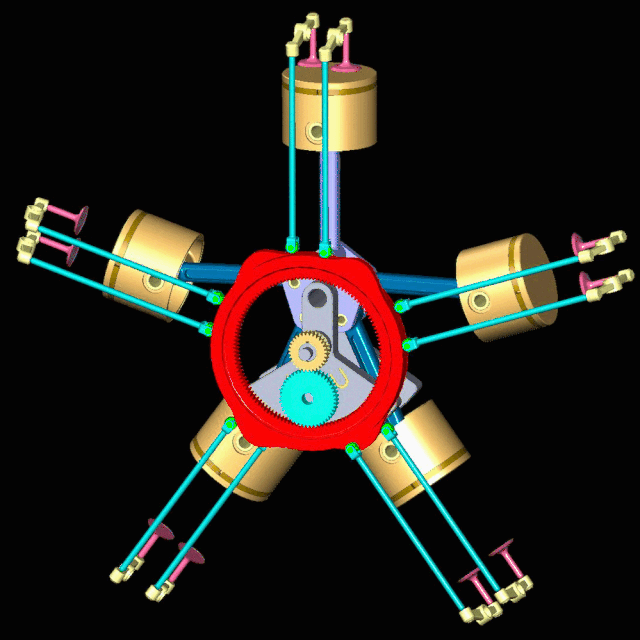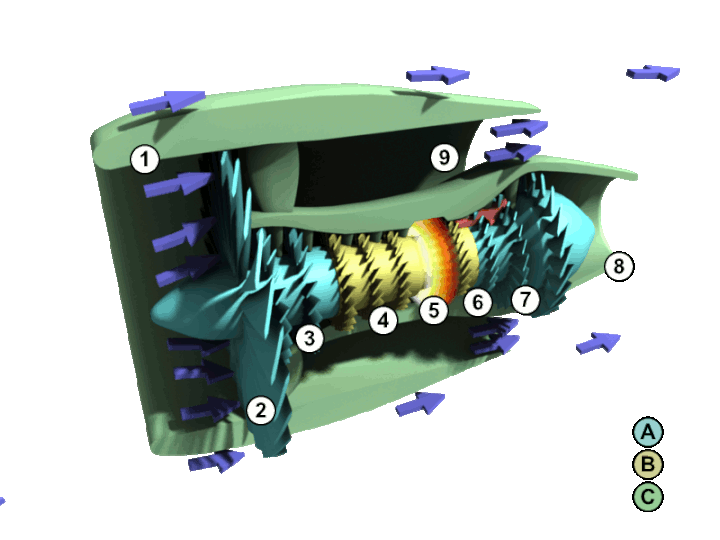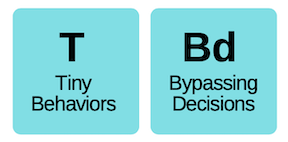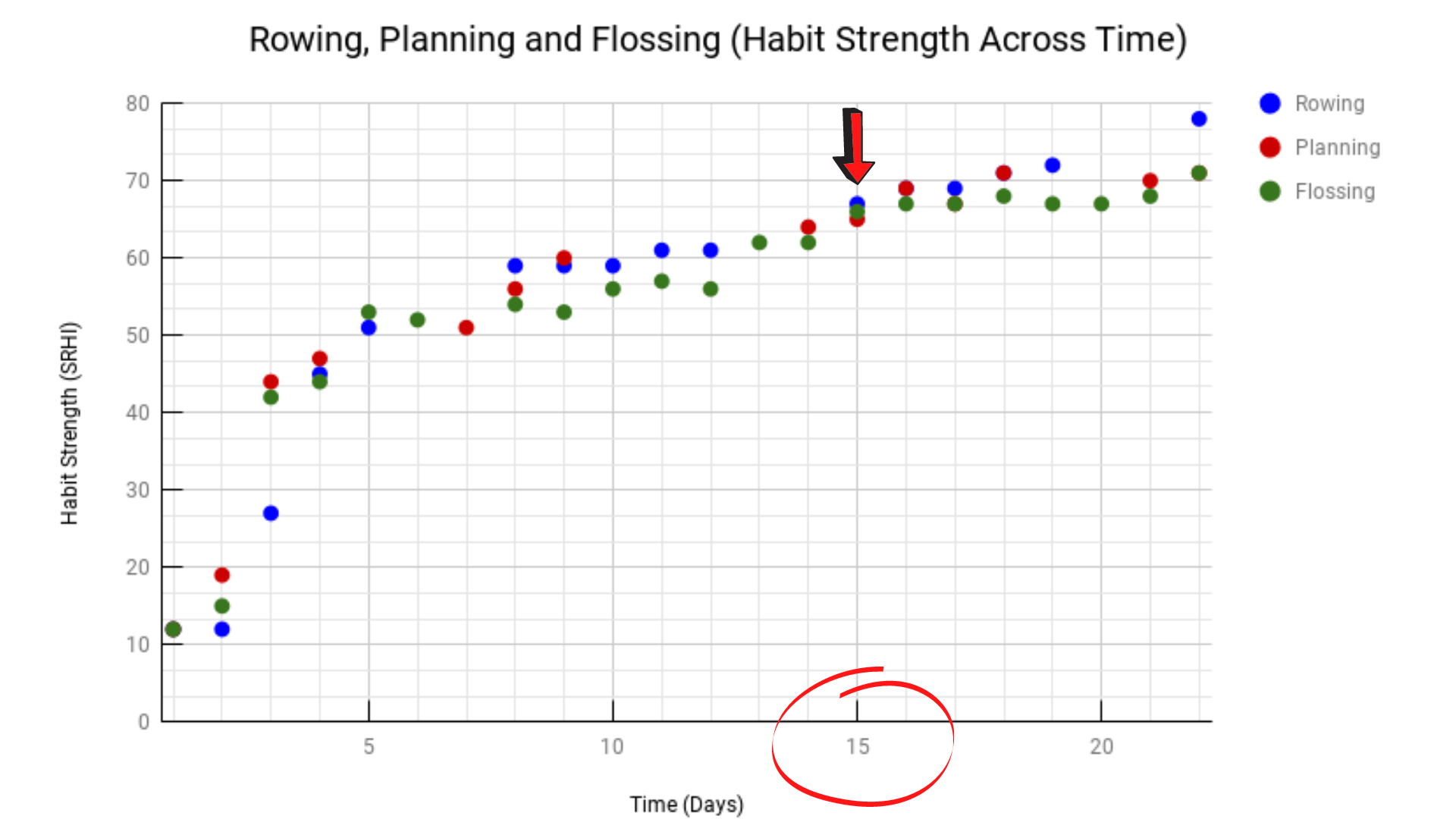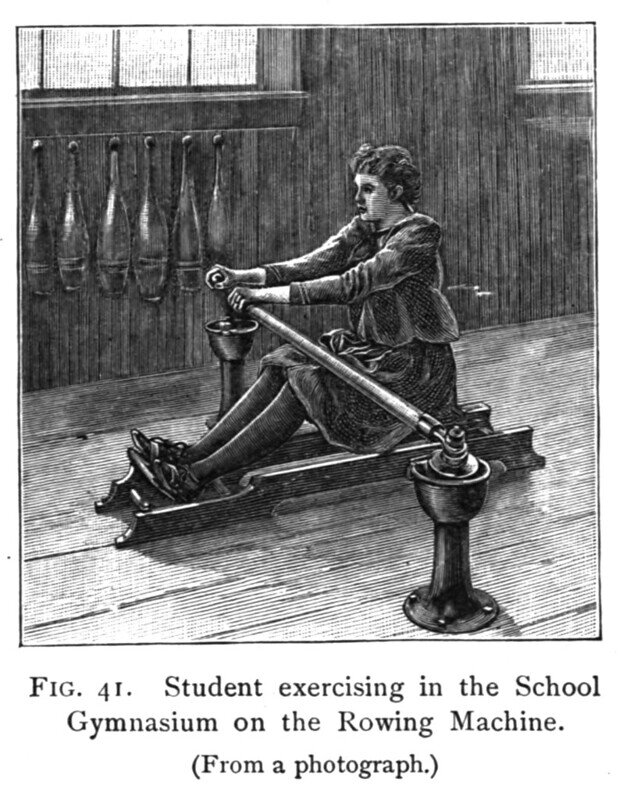Why Habit Stacking Isn't Enough (And What Works Better)
Different behavioral configurations provide a better framework for systemic long-term change.
When I was in college, I heard a professor describe a more efficient engine. Regular combustion systems were based on the piston. Line them in a row and get them turning at different times across a crankshaft and you got a standard car engine.
That’s really the only way I’ve viewed self-help. Create one good habit. Then repeat.
Problems with habit stacking
Up until now I’ve only been focusing on making that process easier. That involves relying on more than just one resource like motivation to move the needle. With the Elements of Change, you can offload that process - add other Elements, and you’ll make change more assured and feel subjectively easier.
This has 4 emergent problems:
It takes a long time. When done right, it involves building up habits one at a time until they are established enough to add another.
It’s prone to failure. The more you stack up, the more fragile it becomes (as I’ve unfortunately personally discovered). One habit that doesn’t trigger means that all the rest of them will likely not discharge across a day.
It’s exhausting. Using habits dramatically lowers the starting threshold, but large groups of them have a cumulative draining effect across months.
Burnout is a real issue. Especially if you’re working on many things (like most of us are). You have to, like a piston engine, time things right. This applies even further if you’re trying to level up multiple, previously established habits, like working out or meditation.
A better system is more than this piecemeal and repetitive solution. It’s sudden, systemic change, one that rapidly and easily inducts a cascading sequence of behaviors. And most importantly, it’s a network where everything behaviorally supports each other.
Bolstered habits: when behaviors support other behaviors
The professor called his creation the star rotor engine because of the shape of its compressor. It introduced me to the world of different, potentially more efficient configurations like the radial engine (also called a star engine).
Engineers have always been obsessed with delivering more ouput through better use of forces. I find this an admirable and apt metaphor for behavioral mechanics. Fuel is like willpower or motivation, and systems often have lags or friction costs that diminishes efficiency, etc. It’s not an exact correlation, but it’s useful enough to build off of.
Habit networks
A long time ago, I talked about families of habits, a network that was more than a sum of its parts. A fit person, for example, might be more likely to hang out with other fit people and go on excursions that bolster that fitness. And the same occurs for families of vices.
Such systems are gyroscopic, maintaining an overall balance that autocorrects in the face of individual piston failures. One skipped workout doesn’t change a life of fitness, just as one good day doesn’t make up for a lifestyle of vice. To quote The Godfather, it can feel that “just when I thought I was out, they pull me back in.”
A behavioral star engine: a more efficient habit system
For positive change, this can be difficult to transition to. In my regular way of stacking habits one by one, if one does not discharge, it feels more like the opposite of a gyroscope. It’s a house of cards, and the whole lifestyle collapses.
If I were to create a behavioral Star Engine, it would have to simultaneously draw from different angles to creatively utilize forces, just as the historic progression of engines has done.
After writing and experimenting with “snap-on” habits, I realized that there’s not just one way to create a long-term behavior. Just as different productivity techniques can draw from different Elements, habits can draw from different conglomerations of Elements. If the previous method were Elemental, a step up in this matter could be termed molecular change.
What is molecular change?
In addition to standard habits, you can also create long term behaviors through:
Ritual. Involving Mindfulness and Rewards,
Implemented Ritual. Involving Tiny Behaviors, Implementation Intention, and Ritual.
Apps and technology. Implementation Intention, Tiny Habits, and Bypassing Decisions.
Tally Clicking. Mindfulness, Ritual, Rewards, Curiosity, Metrics.
Falling in love. Mindfulness, Rewards, Time Off.
Furthermore, you can double up or speed up long term behaviors through:
Unzippered habits - Inducting two habits for the willpower price of one.
This alone gives us many options for constructing a better system.
Behavioral engine configurations
What’s interesting about different mechanical engines is how creatively they utilize forces.
The opposed-piston engine fuels two pistons for the price of one. This reminds me of unzipping habits, where I’m inducting two habits on alternating days, then finally separating them off into two complete daily habits. This works because, according to the research, a habit does not have to be done every day to coalesce efficiently. Furthermore, the willpower load occurs highest at the beginning of habit formation, then tapers off as the actions become automatic.
Some engine configurations, like radial engines, better utilize carry over motion to not only apply better rotation to the crankshaft, but help reload an opposing piston. Meanwhile, a pendulum-like offset weight applies even more torque to the crankshaft.
This reminds me of compressed habits that attain synergy, like microworkouts as a break from deep work. The physical break reestablishes focus and avoids any energy slumps while also making exercise more palatable and less exhausting. The behavior is further lodged in place by being jammed between two already established routines.
The jet engine operates by highly compressing air to attain significantly more thrust than a radial engine. This reminds me of a habit in one day, where I’m front loading maximum effort in the first day by repeating a trigger and response numerous times. While motivation quickly depletes across time, it can be compressed in this manner to quickly force automaticity. In my experiments, I’ve had them form in 5 days as opposed to the average of 66 days.
Repercussions of molecular change
If Elemental Change makes one productivity behavior more assured and easy, then my hope is that Molecular Change will make self sustaining networks of multiple behaviors at once more assured and easy.
My hope is that instead of trying to change people one habit at a time, you could instead paste an entire way of life onto someone, one that is self propagating and self correcting.
Furthermore, I believe that this is much more efficient and sustainable across time and less subject to collapse when life brings with it inevitable interruptions.
Fortunately I’m in a spot where many of my habits have either failed or gotten very sketchy due to a lot of travel. I’m in the precise spot to reinitiate them in better ways, while adding more all at once to test out the limits of my Behavioral Star Engine.
—
photo cred: Walter Castor Engine by Flight Magazine, crankshaft by NASA, 7 cylinder radial engine by Rankin Kennedy, two stroke engine by MichaelFrey, radial engine timing by Stoianovici, turbofan by Richard Wheeler (Zephyris)
